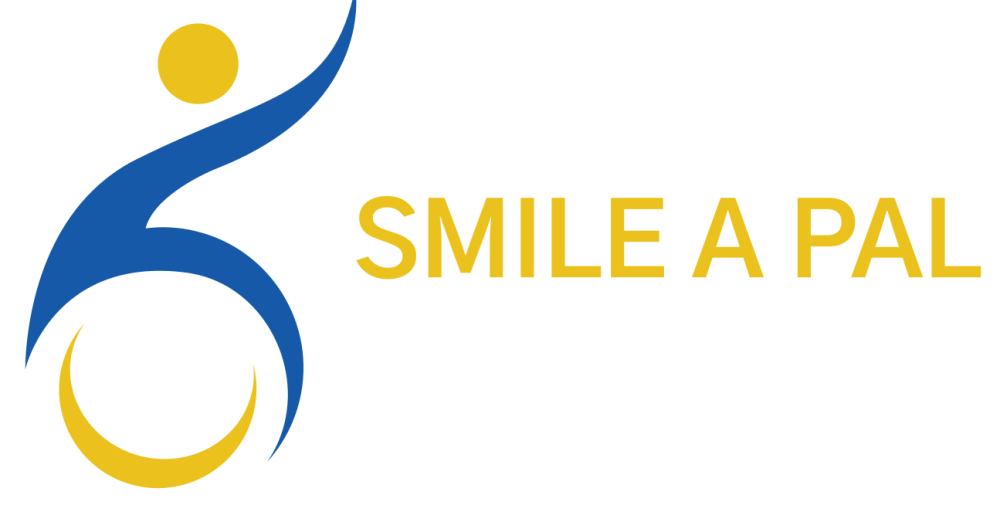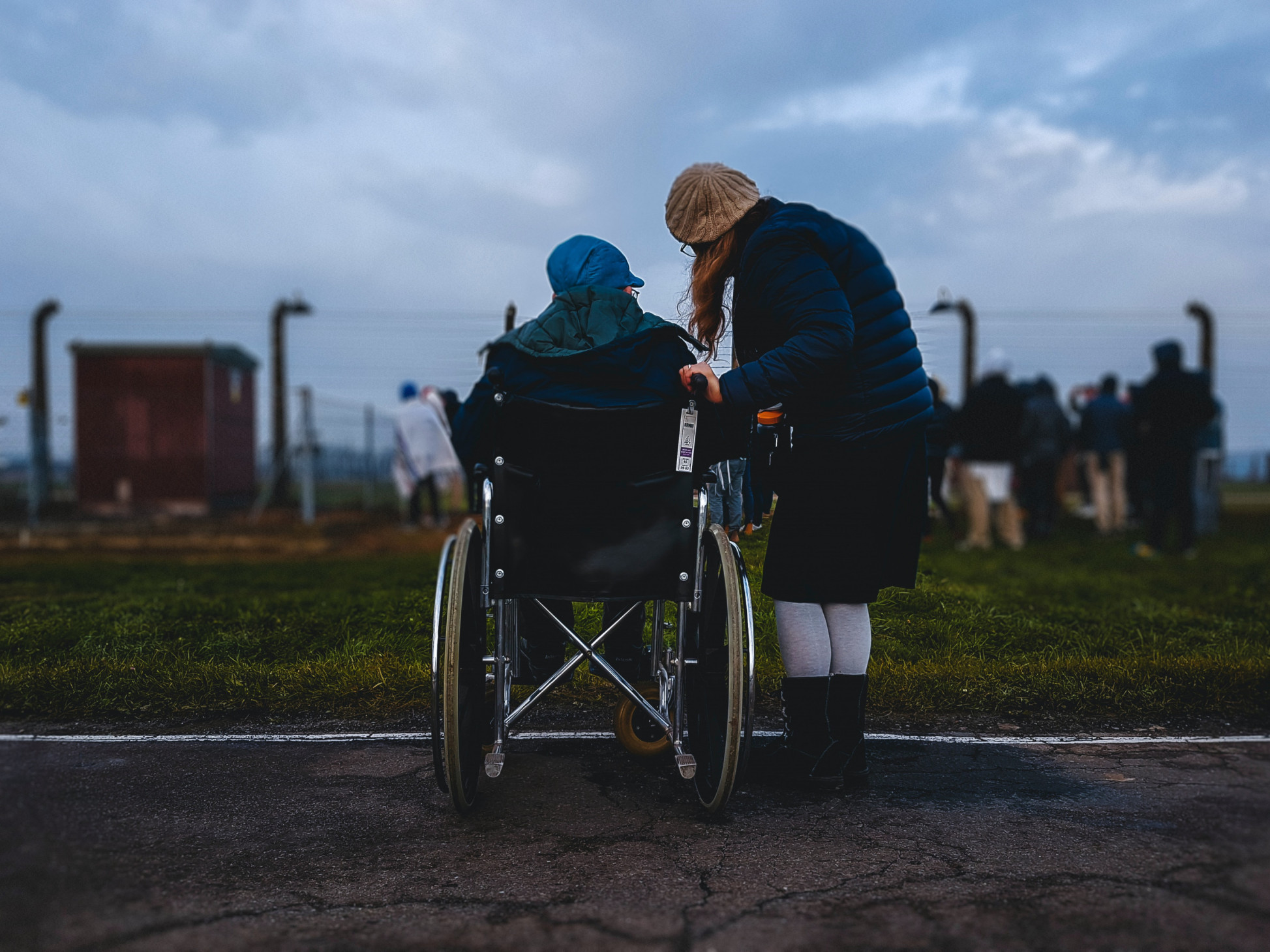Discover the Power of NDIS Supported Allied Healthcare: Your Ultimate Informative Guide
The National Disability Insurance Scheme (NDIS) in Australia provides support and funding to individuals with disabilities to access necessary services, including allied healthcare. Understanding the intricacies of NDIS-supported allied healthcare is essential for both service providers and recipients. This comprehensive guide aims to demystify the NDIS-supported allied healthcare system, offering valuable insights and information for all stakeholders involved.
What is NDIS-supported allied healthcare?
NDIS-supported allied healthcare encompasses a wide range of services aimed at addressing the specific needs of individuals with disabilities. From physiotherapy and occupational therapy to speech pathology and podiatry, NDIS funding assists participants in accessing these crucial services. Understanding the eligibility criteria, funding allocation, and service delivery models under NDIS-supported allied healthcare is paramount for service providers and recipients alike. This guide delves into the intricacies of the NDIS-supported allied healthcare system, shedding light on the processes, requirements, and benefits involved. Whether you’re a healthcare professional or an NDIS participant, navigating the landscape of allied healthcare under the NDIS can be made clearer through the insights provided in this comprehensive guide.
Who is eligible for NDIS-supported allied healthcare?
Eligibility for NDIS-supported allied healthcare is a crucial aspect of the system that requires clear understanding. Individuals with disabilities who require specific allied healthcare services are eligible for NDIS support. These services encompass a wide range of specialised therapies and treatments tailored to address the unique needs of participants. Physiotherapy, occupational therapy, speech pathology, and podiatry are just a few examples of the services covered. Understanding the eligibility criteria is essential for both service providers and recipients to ensure proper access to the necessary services. This guide equips stakeholders with the necessary knowledge to navigate the NDIS-supported allied healthcare landscape, offering valuable insights into the intricate eligibility requirements.
How Does NDIS Funding Work for Allied Healthcare Services?
Understanding how NDIS funding works for allied healthcare services is essential for both service providers and recipients. NDIS funding operates on the basis of individualised support plans tailored to address the specific needs of participants with disabilities. This involves the allocation of funds for accessing a wide range of allied healthcare services, such as physiotherapy, occupational therapy, speech pathology, and podiatry. The funding process entails careful consideration of the participant’s goals, needs, and desired outcomes, ensuring that the services provided align with their individual requirements. Navigating the intricacies of NDIS funding for allied healthcare services requires a comprehensive understanding of the funding allocation and utilisation processes, which is crucial for optimising the support available to participants.
What allied healthcare services does the NDIS cover?
A range of allied healthcare services targeted at fulfilling the unique needs of people with disabilities are covered by the NDIS. These encompass a broad spectrum of specialised therapies and treatments, such as physiotherapy, occupational therapy, speech pathology, and podiatry. NDIS funding facilitates access to these crucial services, operating on the basis of individualised support plans tailored to address the unique requirements of participants. Understanding the intricacies of NDIS-supported allied healthcare is essential for both service providers and recipients, ensuring that the services provided align with the individual needs and desired outcomes of the participants. This comprehensive guide sheds light on the covered allied healthcare services under NDIS, providing valuable insights for all stakeholders involved.
How do I access NDIS-supported allied healthcare services?
Accessing NDIS-supported allied healthcare services is a multi-faceted process that requires a clear understanding of the navigational pathways available to both service providers and recipients. The journey to accessing these crucial services involves a series of steps, starting with understanding the eligibility criteria and culminating in the utilisation of NDIS funding for tailored allied healthcare support. Navigating the landscape of NDIS-supported allied healthcare services demands a comprehensive grasp of the intricacies involved in the application, funding allocation, and service delivery. This guide aims to simplify the process of accessing NDIS-supported allied healthcare services, providing stakeholders with the necessary knowledge to effectively navigate this crucial system.

The Role of Allied Healthcare Professionals in NDIS Support
Allied healthcare professionals play a pivotal role in providing support to individuals with disabilities under the National Disability Insurance Scheme (NDIS) in Australia. Their expertise in specialised therapies such as physiotherapy, occupational therapy, speech pathology, and podiatry is instrumental in addressing the unique needs of NDIS participants. Understanding the intricacies of NDIS-supported allied healthcare is essential for these professionals to ensure that their services align with the individual requirements and desired outcomes of the participants. This comprehensive guide sheds light on the vital role of allied healthcare professionals in NDIS support, offering valuable insights and information for all stakeholders involved in the system.
Conclusion
Understanding NDIS-supported allied healthcare is vital for individuals with disabilities, their families, and healthcare providers. By comprehensively exploring the framework of NDIS support for allied healthcare services, we can ensure that individuals receive the necessary care and support to lead fulfilling lives. With the right information and resources, navigating the NDIS-supported allied healthcare system becomes more accessible, empowering individuals to access the services they need to thrive.





